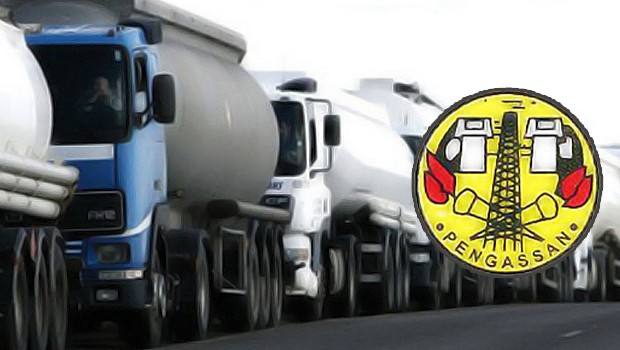By Toyin Akande
Copyright bizwatchnigeria

The nationwide strike declared by the Petroleum and Natural Gas Senior Staff Association of Nigeria (PENGASSAN) on Monday crippled operations at key oil and gas institutions, including the Nigerian National Petroleum Company Limited (NNPC), the Nigerian Upstream Petroleum Regulatory Commission (NUPRC), and the Nigerian Midstream and Downstream Petroleum Regulatory Authority (NMDPRA).
The industrial action, which followed a weekend directive from the union’s National Executive Council, saw members across the country withdrawing their services and effectively grounding critical agencies that drive Nigeria’s petroleum sector.
At the NUPRC headquarters in Abuja, the main gate remained locked, leaving employees stranded outside. Security personnel confirmed that entry was barred in compliance with the strike order. A similar situation played out at the NMDPRA headquarters in the Central Business District, where activities were completely halted.
Union leaders said compliance had been total across NNPC, NUPRC, NMDPRA, and other affected agencies.
PENGASSAN explained that the strike was triggered by the alleged dismissal of about 800 Nigerian workers at the Dangote Petroleum Refinery. The union accused the refinery of replacing the sacked workers with foreigners and described the move as a violation of Nigeria’s labour laws and international conventions.
In a resolution signed by its General Secretary, Lumumba Okugbawa, the union directed an immediate halt to crude oil and gas supplies to the refinery. It further instructed International Oil Companies (IOCs) to scale down gas production and suspend supply to Dangote Refinery and petrochemicals.
The action has raised concerns of possible fuel scarcity and blackouts, as NNPC remains the country’s sole importer of petrol while NUPRC and NMDPRA oversee crude production, gas supply, and distribution. Oil marketers have already warned of disruptions in fuel supply that could worsen prices and availability.
The Federal Government has convened an emergency meeting with stakeholders to resolve the crisis. The outcome of the talks may determine whether operations resume swiftly or whether the nation faces a prolonged disruption in its energy sector.



